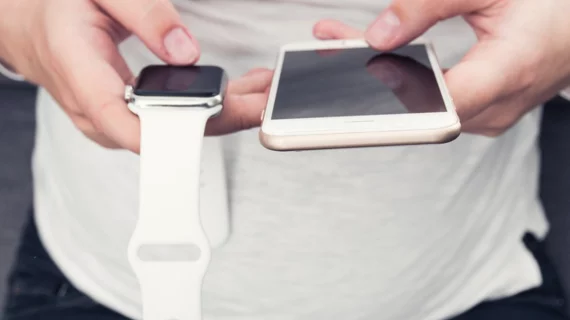Apple’s healthcare-related sales could reach $313B by 2027
Apple’s healthcare market opportunity could reach $313 billion by 2027, analysts at Morgan Stanley predict, with medical-grade wearables like the Apple Watch leading the charge in revenue growth.
According to a Fortune report, 14 analysts looked at how Apple could “disrupt various processes in the healthcare industry,” including in the way people manage conditions like hypertension and diabetes. Proposals for newer versions of the Apple Watch include the integration of blood pressure and glucose monitors, and the next generation of AirPods—Apple’s wireless solution to ear pods—could include hearing aids.
“Healthcare is a market where Apple has the potential to lead digital disruption—much like what iTunes did for music or the App Store for mobile services,” the analysts wrote in their 56-page report. “Based on what it has done over the last five years, we see Apple creating the building blocks of another ecosystem.”
The team estimated Apple’s healthcare sales would be at least $15 billion by 2027 but could reach as high as $313 billion. Apple’s total revenue in 2018 was $265.6 billion, with 60 percent of that income attributed to the iPhone.
Read Fortune’s full story below:

